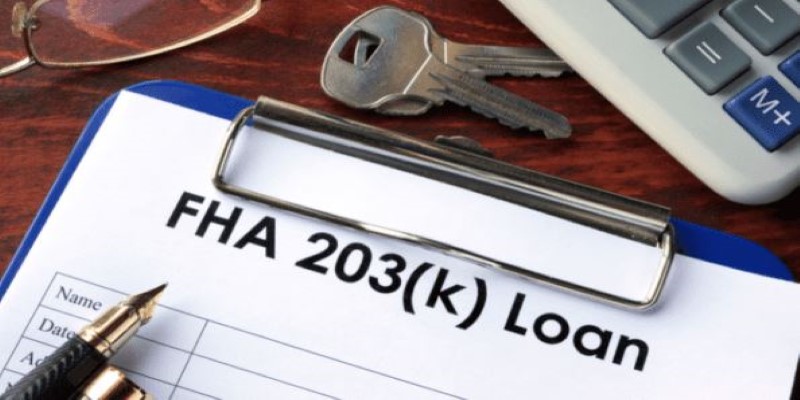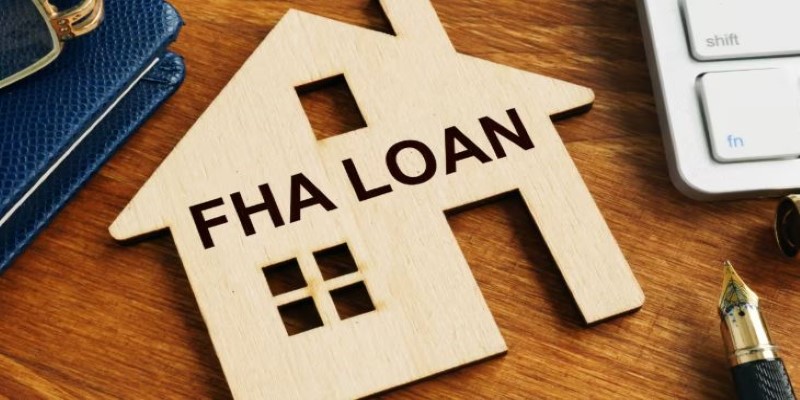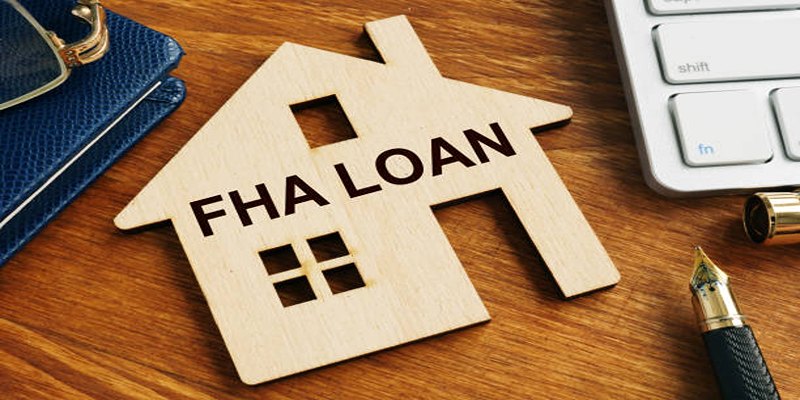Buying a home that’s been foreclosed can feel like uncovering a deal in plain sight. The price is usually lower than market value, and for some buyers, that's the ticket into homeownership they've been waiting for. However, foreclosures also come with unknowns—such as repairs, missing appliances, or general neglect.
If you're leaning on an FHA loan to buy your first home or need flexible credit requirements, the big question is: can you use that kind of loan for a foreclosed property? The answer is yes, but there's more to it than a simple green light.
FHA Loans: A Quick Fit Check
FHA loans, backed by the Federal Housing Administration, are tailored to help buyers who don’t have perfect credit or large down payments. The typical draw is you can buy a home with as little as 3.5% down and more lenient credit requirements compared to conventional loans.
But here’s the key detail—FHA loans come with strings attached when it comes to the property itself. The home must meet HUD’s Minimum Property Standards, which means it has to be safe, structurally sound, and livable. That's where many foreclosed homes run into trouble. They're often sold "as-is," and depending on how long the home sat vacant or the condition it was left in, it might not qualify for standard FHA financing.
This doesn’t mean FHA loans are out of the question for foreclosures. If the property is in decent shape and passes the FHA appraisal, you can absolutely use a standard FHA loan. But if the house needs major repairs before it’s livable, you’ll need a different option.
When Repairs Are Needed: FHA 203(k) to the Rescue
If the foreclosure you're eyeing doesn't meet FHA standards, the FHA 203(k) loan steps in as a specialized solution. It’s designed for homes that need repairs, rolling both the cost of buying the house and fixing it up into a single mortgage. This opens the door to buying a property that would otherwise be ineligible under standard FHA guidelines.

There are two types of 203(k) loans: the Limited and the Standard. The Limited version is for smaller projects—think new appliances, flooring, or plumbing work—up to $35,000. The Standard is for more extensive repairs, such as foundation work, roof replacement, or even knocking out walls to create a new layout.
This type of loan takes more effort. You'll need to get repair estimates from licensed contractors, work with a consultant in some cases, and wait a bit longer to close. But it gives you access to homes that other FHA buyers might skip, often at a lower purchase price due to the property’s condition.
For buyers willing to put in the time and coordination, the 203(k) loan is a strong option. It’s especially useful in hot markets where competition drives up prices for move-in-ready homes.
Where Foreclosed Homes and FHA Loans Cross Paths?
Foreclosures come from different sources—banks, government agencies like HUD, or entities such as Fannie Mae and Freddie Mac. If you’re planning to use an FHA loan, HUD-owned foreclosures are usually the most straightforward to work with. When HUD takes back a property from a failed FHA mortgage, it lists it on the HUD Home Store website. These homes are first offered to buyers who plan to live in them, giving FHA borrowers a priority window.
HUD doesn’t fix up the homes it sells. Instead, it discloses needed repairs and sometimes provides a cost estimate. This transparency is helpful, especially if you’re considering a 203(k) loan—you’ll know right away whether you’ll need one. In some cases, HUD homes are already pre-approved for FHA financing if they meet livability standards.
If you’re buying a foreclosure from a private bank, you may hit a snag. Banks usually sell foreclosures as-is and don’t make repairs before closing. That’s where the path splits: if the home is in livable condition, you might still use a regular FHA loan. But if not, and the seller won’t agree to any fixes upfront (as is often the case), a 203(k) becomes your only viable FHA option.
It's worth noting that not every lender is comfortable handling 203(k) loans. Make sure you're working with someone who has experience with these since the process has additional steps, more documentation, and coordination with contractors. That extra work can pay off in the form of lower costs and greater control over renovations.
The Buying Process: What to Expect?
Buying a foreclosed home with an FHA loan isn't as fast or predictable as buying a regular home. The appraisal process is tighter—FHA appraisers are not just looking at market value but also whether the property meets HUD's livability standards. If the home fails and no repairs can be done before closing, a standard FHA loan won't go through.

That’s when the 203(k) becomes the fallback, provided you’re prepared to manage the extra work. You’ll need a detailed list of repairs, licensed contractor bids, and—depending on the loan type—possibly an FHA consultant to oversee the renovation process. Closing will take longer, and some buyers might find the process stressful if they’re not familiar with managing home improvements.
However, the benefit can be significant. You get to own a property at a lower cost, potentially gain equity after renovations, and bring a neglected home back to life. For buyers with vision and some patience, it’s a strategic way to enter the housing market or invest in long-term value.
Conclusion
Yes, it’s entirely possible to buy a foreclosed home with an FHA loan. If the property is in good enough shape to meet HUD’s livability standards, you can move forward with a traditional FHA loan and enjoy the benefits of low down payment and flexible credit terms. If the home requires repairs, the FHA 203(k) loan provides a way to finance both the purchase and the renovation in one package. The process takes more planning and coordination, but it opens the door to properties other buyers might avoid. With the right guidance and a clear plan, using an FHA loan to purchase a foreclosure can be a smart and affordable path to homeownership.












